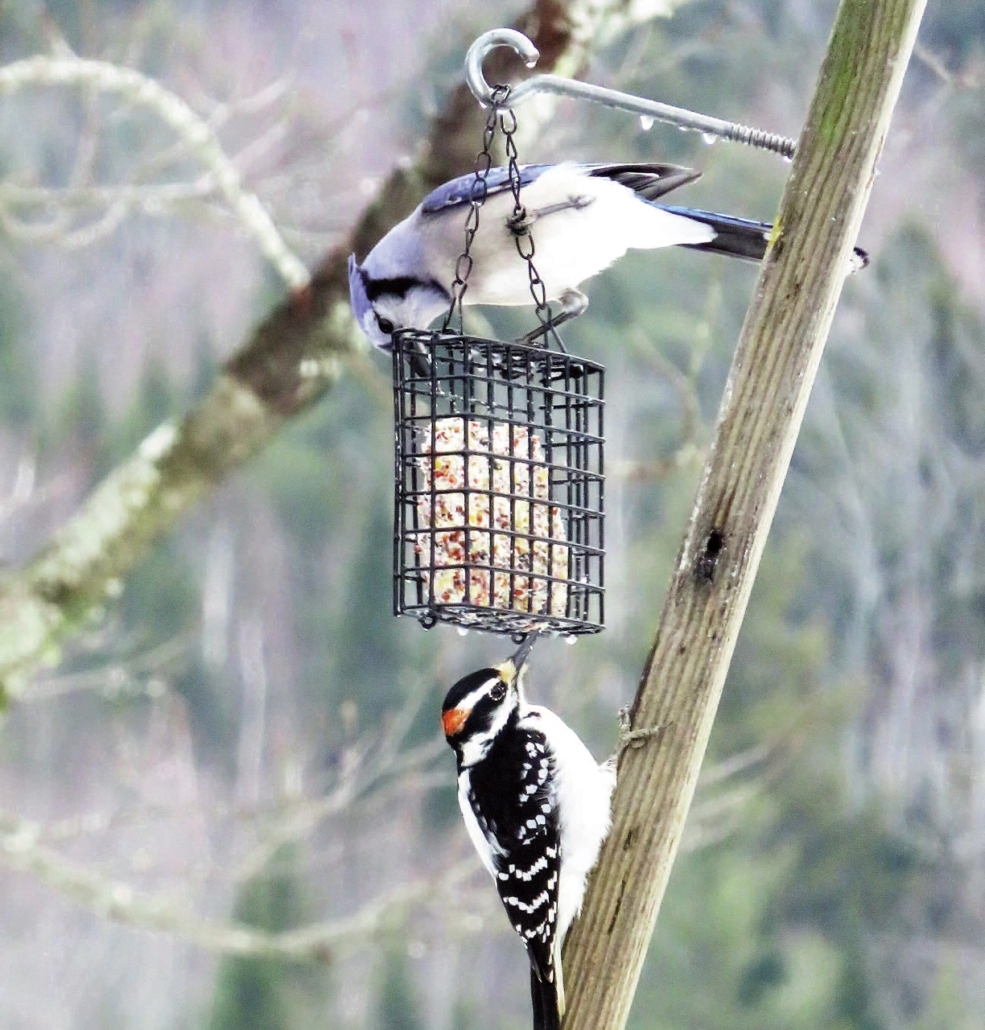FOR YOUR HEALTH: It’s Never Too Late To Achieve A Healthy Weight

 (NAPSI)—People often think of the New Year as a time to set new goals for healthy eating and physical activity. But weight management requires ongoing effort, during the holidays and every day. That’s why the National Institute of Diabetes and Digestive and Kidney Diseases (NIDDK), part of the National Institutes of Health, is promoting simple tips and tools to help Americans start and maintain healthy habits.
(NAPSI)—People often think of the New Year as a time to set new goals for healthy eating and physical activity. But weight management requires ongoing effort, during the holidays and every day. That’s why the National Institute of Diabetes and Digestive and Kidney Diseases (NIDDK), part of the National Institutes of Health, is promoting simple tips and tools to help Americans start and maintain healthy habits.
“Why wait to start improving your health when you can start today?” NIDDK Director Dr. Griffin P. Rodgers said in a statement. “It’s never too soon or too late to achieve a healthy weight.”
Reaching and maintaining a healthy weight through healthy food choices and regular physical activity may help lower the risk of developing health problems associated with obesity, such as heart disease, kidney disease and Type 2 diabetes. About 40 percent of adults and 19 percent of children and teens in the United States have obesity, according to recent data from the Centers for Disease Control and Prevention.
Continue or establish healthier eating habits, such as reducing the overall calories you consume and limiting your intake of foods and beverages with added sugars, fats and salt. Bringing healthier versions of your favorite dishes to holiday gatherings, and choosing smaller portions of holiday treats and alcohol, may help with managing weight during this time of year.
The NIDDK recommends making physical activity a priority for the whole family. Choosing a set time for physical activity and sticking to it may help you manage stress, improve your mood, and give you the energy to tackle your busy schedule. If it’s too cold to walk or run outdoors, take your workout to your favorite mall or indoor sports field. Even if you’re pressed for time, doing some physical activity is better than skipping your workout and doing nothing.
Another tip to consider during the holiday season and every day to improve health and manage weight is to reduce screen time and time spent sitting. Watching TV for more than two hours a day has been linked to overweight and obesity. Try creating a holiday-themed playlist and having a dance party. You can have fun dancing alone or with family or friends.
To further encourage adults and youth to be active, the U.S. Department of Health and Human Services also recently released new Physical Activity Guidelines for Americans. The new Guidelines recommend that adults aim for at least 150 minutes of moderate-intensity activity each week, such as brisk walking or dancing. Youth ages six through 17 need one hour each day, and children ages three through six should be active throughout the day.
By establishing and sticking to healthy habits, parents, caregivers and youth may achieve better health together during the holiday season and beyond.
To find more tips and resources for weight management and healthy living during the holidays and every day, visit the NIDDK website: https://www.niddk.nih.gov/health-information/weight-management.


















